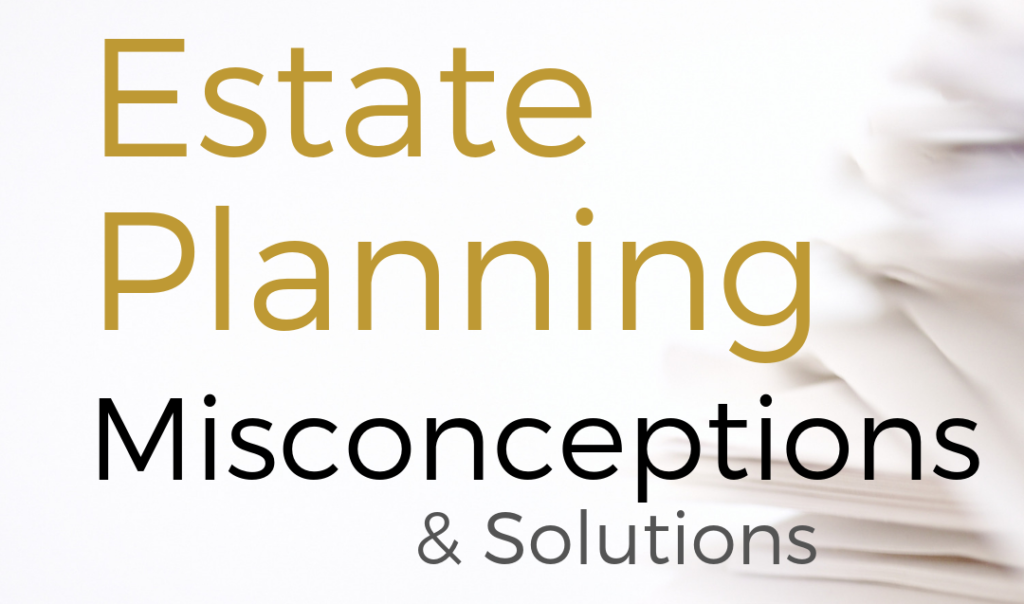
Estate Planning Misconceptions
Many people postpone creating an estate plan because considering their demise is unsettling. Others make false assumptions that cause them to neglect this important task or make less-than-ideal decisions. Here are a few common misconceptions related to estate planning:
Estate planning is for the wealthy. Anyone who owns property or assets, or has loved ones who depend on them for income or care, needs an estate plan. And as the next paragraph notes, some estate documents protect an individual’s own best interests before death.
A will is all I need. You should also consider a letter of instruction that explains your plan to your executor; a power of attorney to empower a representative to make legal and financial decisions if you can’t; and a healthcare proxy, which designates an agent to make healthcare decisions, and details the kind of care you do or don’t want to receive in the event of incapacity.
I don’t need to worry about estate tax. Yes, the current federal tax exemption for an individual’s estate is $11.4 million. However, many states still tax estates or inheritance. One way to reduce this liability is by gifting down your estate before you die. The federal government doesn’t tax gifts up to $15,000. Only two states do – Connecticut and Minnesota.
A will can distribute all my assets. Accounts that have beneficiaries – like 401(k)s, IRAs, life insurance and pay-on-death accounts – transfer assets directly to named beneficiaries. That’s why it’s essential to update beneficiaries as soon as your family circumstances or wishes change.
A will helps me avoid probate. A will doesn’t help you avoid probate. A revocable living trust is often used for this purpose. Adding a joint owner to a bank or investment account – if the account is owned as joint tenants with rights of survivorship – will avoid probate.
Both spouses’ assets become community property. Certain assets can remain individual property during marriage, including: assets acquired before marriage and inheritance and gifts received during marriage – if they are kept in the individual spouse’s name and not changed into community property through a written transmutation instrument.
Estate planning can be complex. With so much at stake, it’s crucial to get it right. We would be happy to work with you, your attorney and tax professional to secure, and make the most of, your legacy.
